This concept was fundamental during the new edition of the course “Emotional intelligence and coaching inside the school and educational context” that took place in Tenerife from 02/09/2023 to 09/09/2023. The participants came from all across Europe, with Lorraine from St. Monica School in Malta, Armando, Romeo, Elena, Raffaela, Chiara from CPIA Ancona in Italy, Monika from "Wichterlovo gymnázium, Ostrava-Poruba, příspěvková organizace" in Czech Republic, Valērijs and Randa from Liepaja Marine College in Latvia.The course began with Coaching ourselves part. The participants explored their skills and checked which area of their life needs their attention in the moment in order to set a goal.
Coaching entails inspiring and guiding individuals to become the best versions of themselves. To enhance our coaching abilities, they delved into the concept of setting SMART goals. Participants were tasked with defining SMART goals for themselves, ensuring they were Specific, Measurable, Achievable, Realistic, and Time-bound.The course also delved into the potent influence of questions. Questions have the unique ability to stimulate thinking, self-reflection, constructive responses, and action, fostering idea development. As part of this course, participants explored the art of constructing learning-focused questions. This process began with an invitation to engage, presented thought-provoking content, and highlighted a cognitive focus for thinking and elaboration. Later using the GROW model, they tried to do their first coaching session, in order to understand how it really works.Another critical coaching skill, relevant in any setting, including the classroom, is conflict management. Self-awareness and emotional control play pivotal roles in preventing the escalation of conflicts. Contrary to conventional belief, conflicts need not be inherently negative; they can serve as catalysts for growth and positive outcomes. As coaches, our role is to facilitate dialogues and support students in finding their solutions. It is crucial to note that a coach's function is not to impose solutions but rather to guide the analysis of the conflict, aid in decision-making, and evaluate behavior.Throughout this training week, participants had the opportunity to share their collective experiences and draw insights from their diverse cultural backgrounds. They honed their coaching skills and discovered practical ways to apply them effectively in their classrooms.
|
Welcome to the ELA Blog. Here you will find articles and photos of our courses and have a look at the topics addressed during the week in Bologna, Palermo and Tenerife. You will also have the chance to take a peek at our projects and check out what we have been up to.
Archives
July 2024
Categories |
-
Course catalogue
- 2023-2024 course catalogue
- Soft Skills >
- ICT and New Technologies >
- Inclusion and Diversity >
-
Innovative Teaching Methods
>
- Innovative teaching methods discovery
- Non-formal education teaching methods
- Dual education and work-based learning
- Teaching leadership and entrepreneurship
- Project based learning
- Game based learning and gamification
- Green skills
- Outdoor education
- Outdoor education trekking edition
- Promoting creativity and critical thinking
- Languages and EU projects >
- Preschool >
- Erasmus Plus KA1
- What we do
- About us
- Locations
- Blog
- Contact us
 English
English български
български Čeština
Čeština Español
Español Français
Français ελληνικά
ελληνικά Italiano
Italiano Polski
Polski Português
Português Română
Română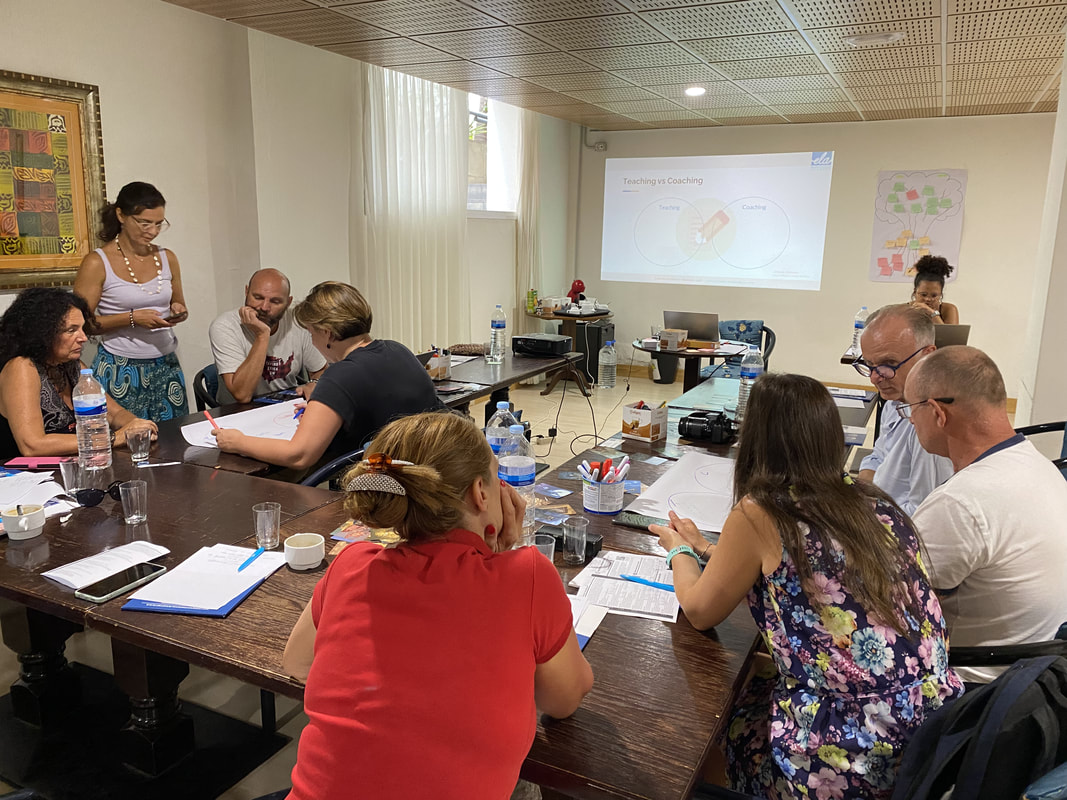
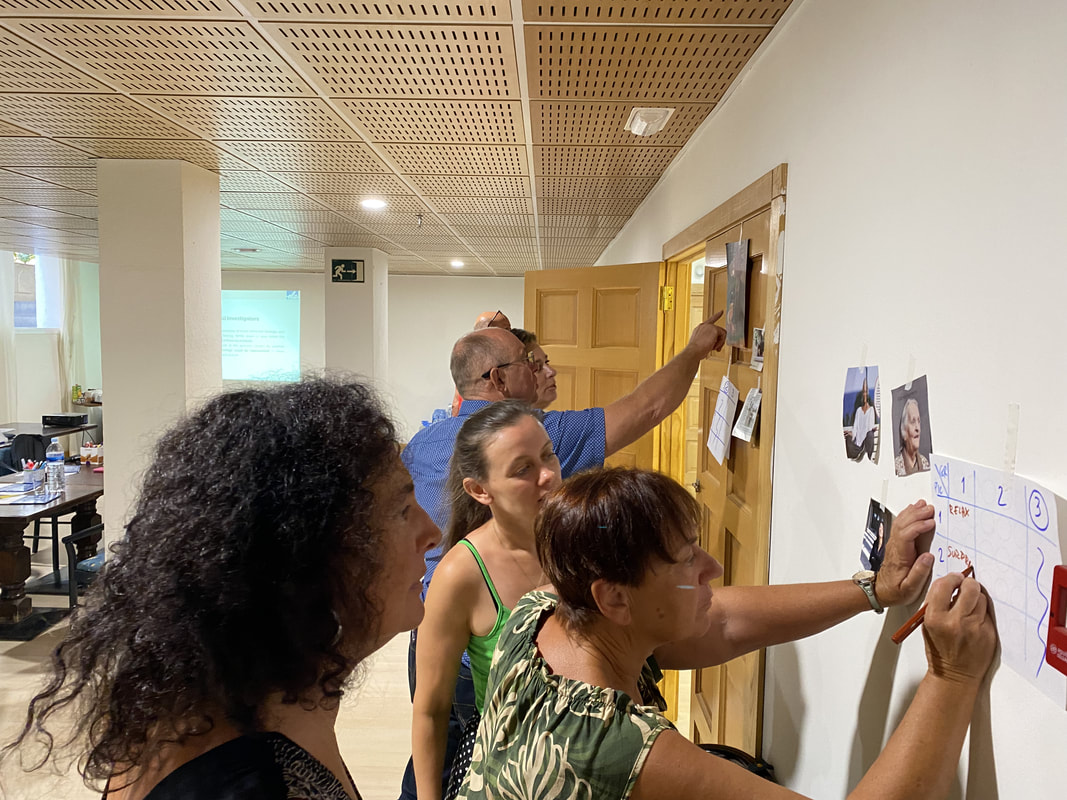
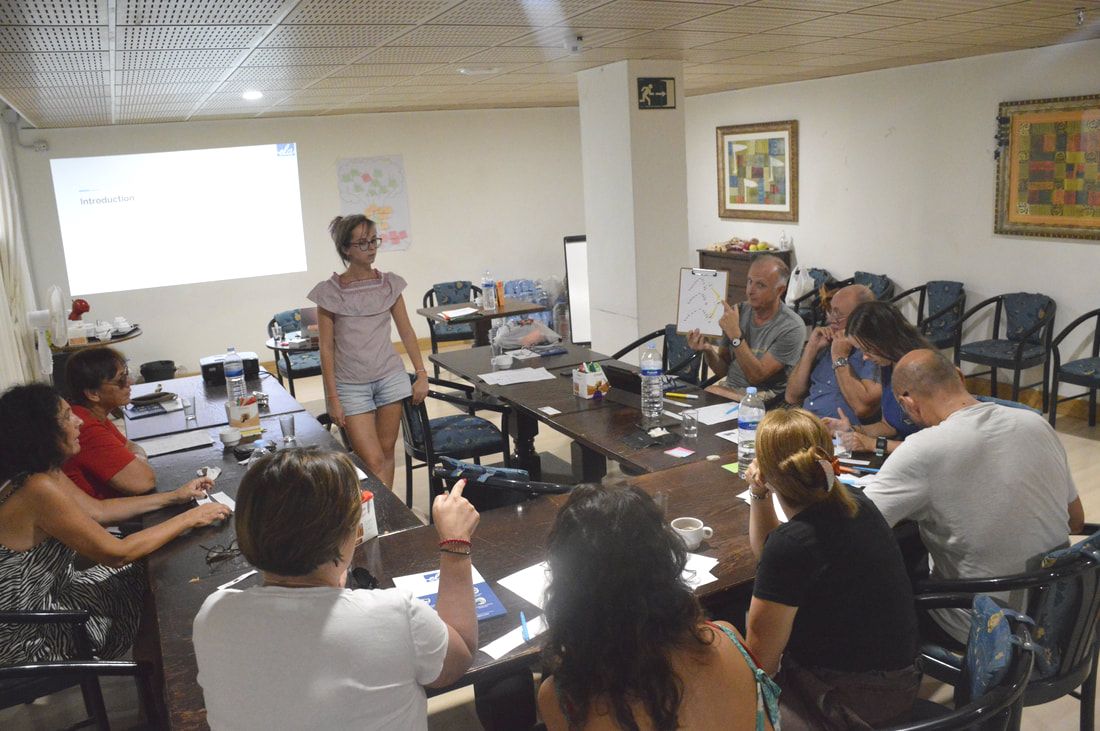
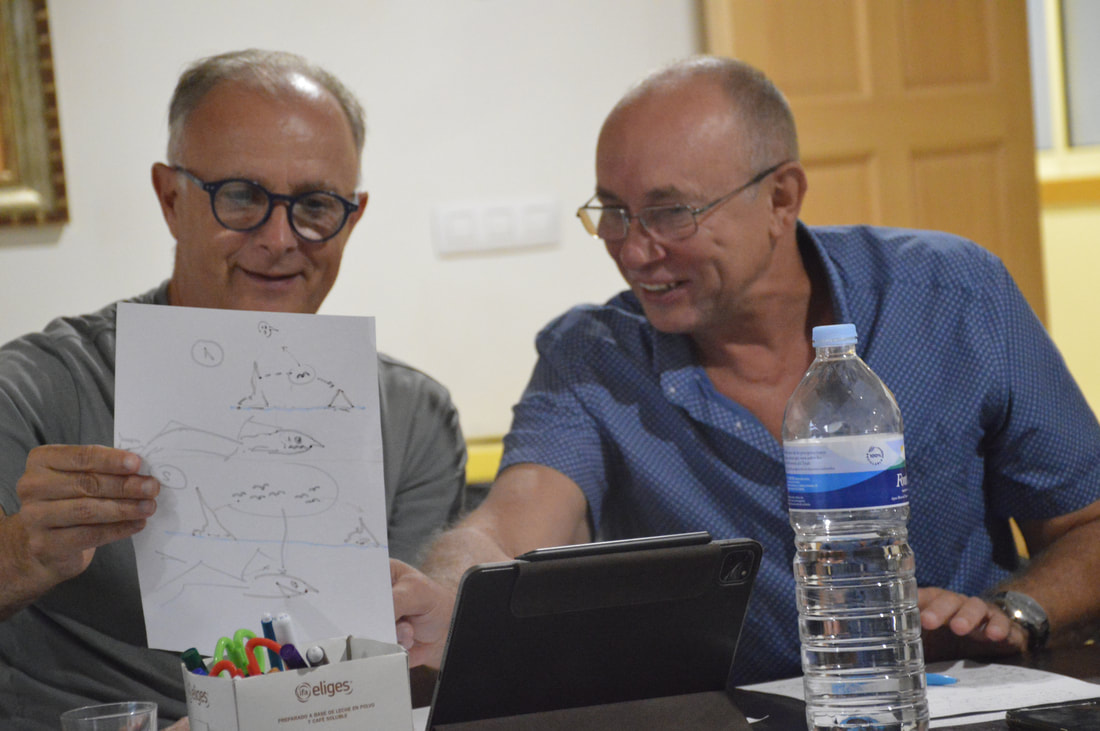
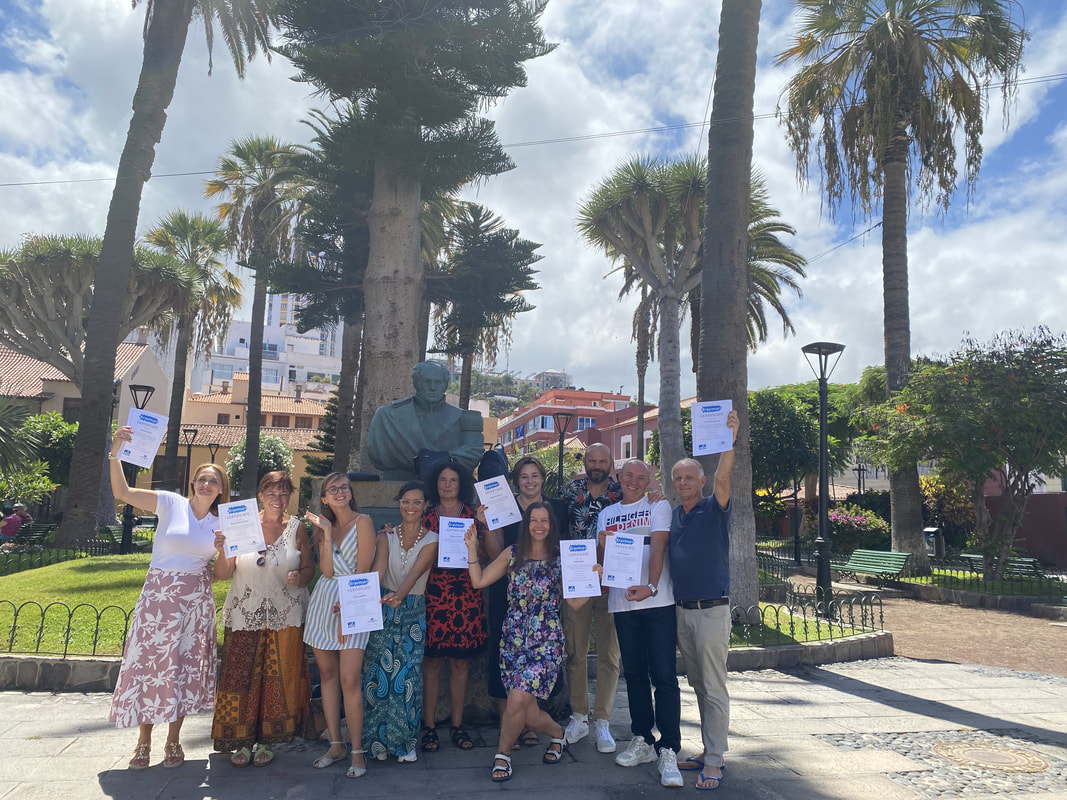
 RSS Feed
RSS Feed









